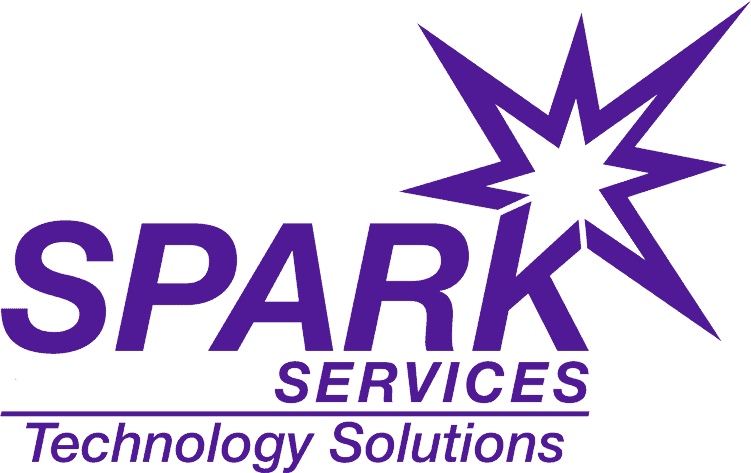
Data breaches occur when cybercriminals gain access to sensitive data without permission. It is possible for this breach to affect either corporate or personal data in a small or large organization. Both external and internal hackers are fast and invisible. Data breaches are not just a security risk, they are also a massive financial liability because they require additional overheads to cover them, and that too doesn’t come with guarantees. This means that the best way to prevent losses by data breaches is to prevent them from occurring in the first place.
To prevent huge fines that your company may have to face if a data breach occurs, you must plug all the potential data security loopholes and back up your data. These precautionary measures that we have listed below, together with a small budget and a large dose of vigilance, can help you protect your business in the long run.
-
Two-Factor Authentication
Passwords, no matter how secure, are not infallible. For this reason, having a two-factor authentication in place can be an ideal solution. This can involve email verification, entering separate codes, and other methods outside the typical password protection for your day-to-day devices and software.
-
Install Reliable Security Applications
While security applications may not be as effective as website application firewalls, they can still deter hackers from your website. Installing security plug-ins on your blog or website can secure your website from malicious bots. These bots scout the internet, seeking websites with a particular version of blogs, and try to exploit any known vulnerabilities.
-
Stay up-to-date with your Cybersecurity
Basic security hygiene and employee awareness is now a non-negotiable attempt, irrespective of the size of your business. Get your internal IT team to do this or recruit external technical professionals to conduct daily security audits and security training for your employees, in a way that actually engages attention, makes clear the risks and rewards, and doesn’t fly over employees’ heads.
-
Periodic Risk Assessment
Set up a schedule for assessing vulnerabilities in your website and corporate network. Each assessment must touch all aspects including data storage, remote access, and security policies. While you can carry out many security assessments in-house, working with data security experts to perform a comprehensive assessment and test of your systems can allow you to have access to the best solutions in the industry.
-
Educate Employees
Train your employees to follow the best security practice. Let everyone know the critical nature of data security and how to prevent mistakes that can cause data breaches. Your staff must learn to identify sensitive data and make security or a normal part of your company’s culture. Training can help to make employees wary of intentionally stealing data as well as making them less likely to make a mistake.
To prevent employees from falling into traps, advise them to:
- Never open attachments from people they don’t know
- Confirm the legitimacy of the source before giving out confidential information
- Avoid suspicious links in websites, emails, and online ads
-
Update Your Software
Your business must have the habit of updating the software regularly. As soon as a software company releases an update, you need to check the reason for the update and take prompt action. If the update was released to correct a software vulnerability, your network can easily come under attack. You must perform all software updates related to security instantly. Remember that hackers have tools to scan a large number of websites in a short period of time to find vulnerabilities and exploit them.
-
Encrypt Data
Encrypting data means encoding information so that only a person or a device with the correct key can read the info. This is a step that is advised for all devices that contain sensitive information; including computers, laptops, mobile phones, USB drives, and even emails. Most operating systems will have an inbuilt option for this, which you would simply need to activate.
-
Use Strong Password Protection
Passwords are always under constant attack and hackers use a number of diverse means to crack the code. To deter their efforts, password-protect your business computers as well as access to your network and accounts. Always require your employees to change default passwords and set a strong, complex password with a variety of characters that must be changed at least quarterly.
-
Dispose off Data
Unnecessary data needs to be disposed of effectively and efficiently. If your company has no use for it anymore, but it is still on the file then it creates a certain liability for your business. Disposing of it entirely, on the other hand, helps to prevent it from ever becoming a risk in the first place. Digital removal devices regularly can help you dispose of data you perhaps didn’t even know existed, which is a liability in any case.
-
Improve Access Control
Make it very complex for hackers to gain access to your website admin panel. Change your administrative username and password on a daily basis. Modify or defer all database table prefixes and put a limit on the login attempts during a fixed period of time. You must also use a captcha for password resets because email accounts can be hacked.
When the time comes for your small business to handle a data breach, you must now have a better idea of how to respond. You can do things to avoid this inconvenience for as long as possible. Following the above-mentioned steps to prevent data breaches is a start.
You can also hire a professionally managed IT service like us at SPARK services. Contact our knowledgeable IT consultants today so that you know you are doing everything you can to prevent any breakdowns in your network.



